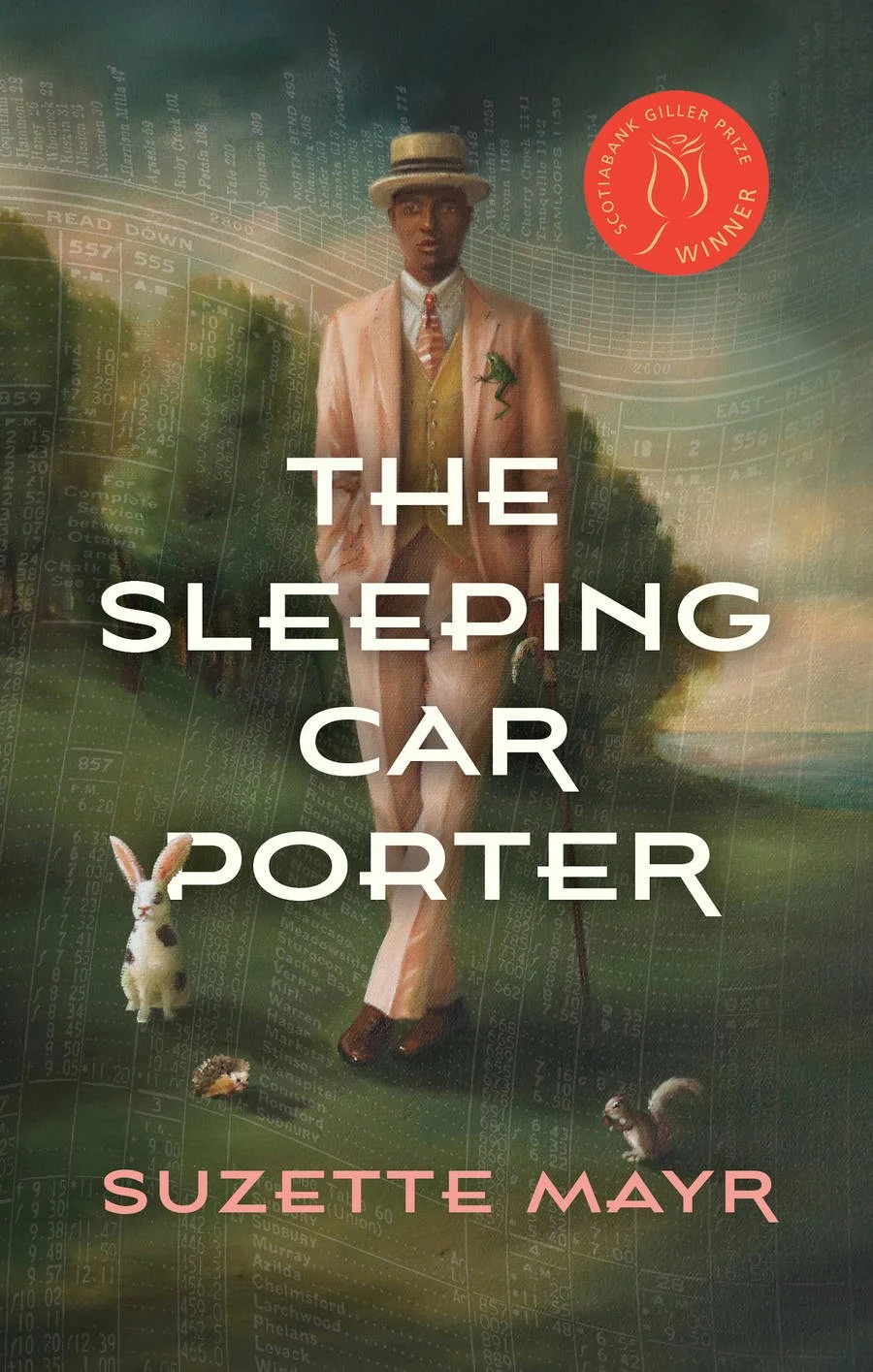HALF-BLOOD BLUES
by Esi Edugyan
Many of you will remember the glowing review my mother wrote of Edugyan’s novel Washington Black (read review here), which was one of my favorite books that year as well. So when I saw that an earlier book of hers had won the Giller prize, I scooped it up from the library immediately. A similarly sweeping historical drama dealing with race across several continents, Half-Blood Blues did not disappoint.
Sid, a Black bass player from Baltimore, plays in a Berlin jazz band in 1939. The band's trumpet player is a young prodigy named Hieronymus Falk who is also Black, but born in Germany. Throughout the first part of the book, the Nazis escalate their campaign to eliminate everyone and everything that does not fit their Aryan ideal (non-whites, non-heterosexuals, any non-Wagner music). Sid, Hiero and the other members of the band must make one close escape after another.
They end up in Paris for a while and begin collaborating with the great Louis Armstrong. But when the Nazis march on Paris, all music must go underground. One afternoon Sid and Hiero venture out for milk and Hiero is taken and never seen again. Much of the novel is told by Sid, fifty years later, as he grapples with that one moment of violence in the context of their years-long struggle to stay alive and to make their music.
Written in epic scale, Half-Blood Blues is startling in its intimacy and the depths of the souls Edugyan conjures in her main characters. Like Obasan (read review here), this book illuminated an aspect of World War II that I had never considered. I highly recommend you add it to your reading list. (Lily)






